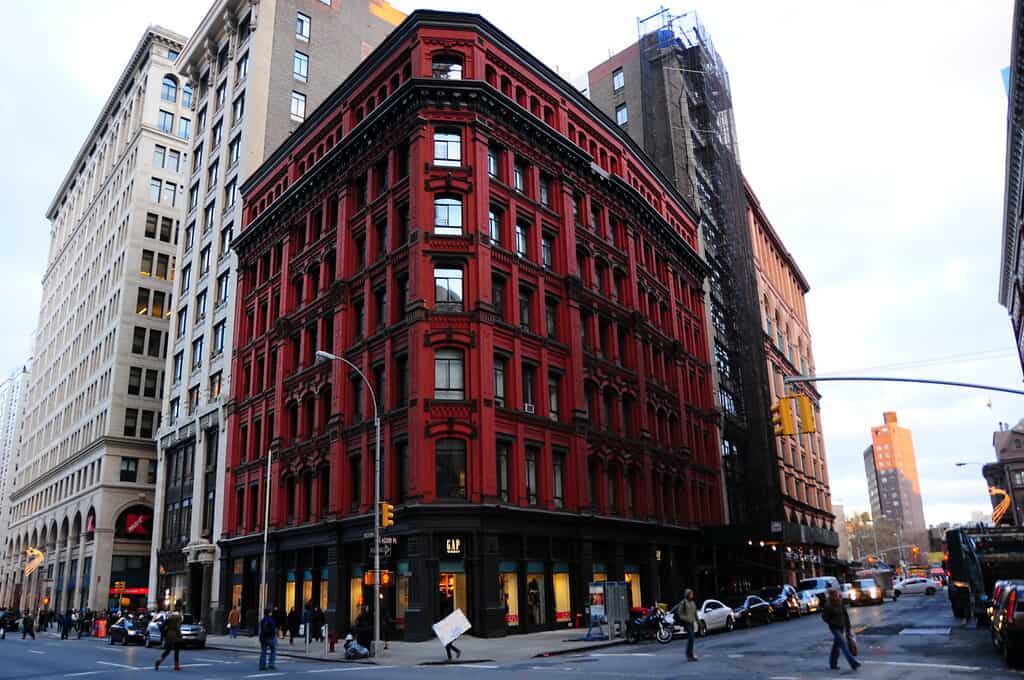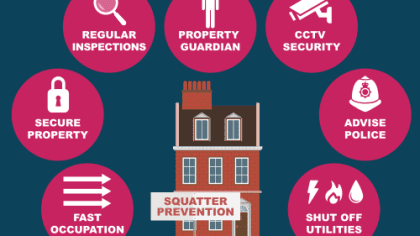Understanding Key Housing Regulations Protecting Renters
Navigating New York’s complex rental housing markets poses considerable challenges for tenants searching for affordable apartments in safe neighborhoods without experiences getting exploited by unscrupulous landlords ignoring property maintenance obligations or imposing unfair lease terms against uninformed renters unaware of hard-fought statutory rights won gradually over decades through repeated legislative reforms and housing court battles eventually affirming bedrock civil protections defending vulnerable occupants against profiteering slumlords seeking maximizing profits over principles. However, grasping fundamental rights and key responsibilities governing rental agreements allows tenants mitigating risks through informed advocacy actions addressing grievances locally first before requesting external municipal interventions refereeing disputes or rallying media coverage shaming publicly notorious slumlords flaunting housing regulations without fear. This guide examines updated tenant rights and provides prudent suggestions asserting those powers judiciously when seeking equitable, lawful resolutions upholding dignity for all parties.
As of June 2019, Permanent Protections for Tenants Exist Statewide
Unless proactively amended or repealed by future elected legislatures, the current rent laws passed remain indefinite after decades of temporary measures. This stability allows tenants relying on consistent safe, affordable housing to plan futures without fear of policy shifts undermining family financial standing.
Housing Reform Focuses Heavily on Capping Rent Increases
Setting clear boundaries regarding how much and how frequently landlords can raise rents, while closing loopholes previously allowing egregious price spikes on stabilized units protects vulnerable renters from pricing pressures forcing relocation after years occupying the same residence.
Specific housing reforms include:
- Capping annual rent increases percentages for regulated units
- Extending limits on rent adjustments to formerly deregulated units
- Requiring landlords prove good faith when increasing legal rents during vacancy between long-term tenants
What are Key Tenant Rights in New York?
Beyond tighter rent increase regulations, additional tenant rights aims passed bolster housing stability for renters of units falling under City and State regulatory umbrellas:
Rights During Lease Renewals or Sales
- Preferential options renewing leases without drastic price escalations must be provided loyal long-term tenants
- New owners after building sales cannot refuse lease renewals
Limits on Security Deposit Amounts
- Total security deposits are capped at 1 month’s rent for tenants consistently maintaining units
Protection Against Unlawful Eviction
- Landlords found harassing tenants face penalties
- Local city resources exist assisting unlawfully evicted tenants regain residences through legal processes
By proactively understanding these and additional base rights, New York renters maintain balanced, equitable, and compliant landlord-tenant relations governed by consistent housing regulations and municipal housing agencies.
Ignorance excuses no one. Failure upholding these responsibilities risks enforcement fines levied against neglectful landlords handing authorities justification intervening directly on behalf distressed tenants living conditions fall below acceptable legal standards at any property.
Additional Key Responsibilities for Rental Tenants
While extensive reforms passed empower and shield New York renters enduring previously unchecked landlord actions, tenants also must uphold several basic obligations ensuring successful housing arrangements with owners.
Consistently Pay Agreed Rent on Time
Obviously without exchanging monthly rents for occupying units as contractually agreed and consistently paying full amounts before deadlines, no landlord proves willing hosting non compliant squatter tenants long.
Some city programs assist valid hardships cases on a temporary basis. But broadly, fulfilling rent obligations remains foundational.
Maintain Unit Condition Upon Moving In
Besides consistently paying agreed upon rents on time every single month without delays or excuses, tenants also carry the fundamental responsibility maintaining their individual units cleanly, without inflicting severe physical damage or changes violating leases or housing codes, and keeping units reasonably sanitary without hoarding hazards following initial move-in dates after passing housing habitability inspections.
Specifically, tenants must appropriately clean and keep orderly all rooms inside units through the entire occupancy term – including regularly vacuuming carpets, mopping floors, scrubbing bathrooms/kitchens, dusting surfaces, removing trash and prohibiting piles clutter attracting pests. Units must remain secured always against unauthorized intruders. Strangers should never possess copies of entry keys without landlord approvals facilitating sublets or additions to leases. Residents must follow all written rules and policies applicable to their building.
Additionally, tenants cannot substantially damage any facilities through negligent behaviors. Walls cannot bear smashed holes from violent fights or drunken accidents. Child occupants must refrain coloring magically upon corner stucco because Jimmy’s creative side must roam free rein-free without violating housing maintenance codes! Windows cannot showcase flung paint buckets missing canvases across the apartment courtyard. Rooms should not transform into marine biologist tidepool exhibits at midnight. Basically, respect all physical building aspects expecting normal wear and tear softly across the seasons.
Moreover, tenants cannot radically modify, remove or customize unit elements without formally notifying building ownership first then securing approvals from property managers beforehand through written requests. Want dazzling pink accent walls livening that south studio wall? Seek approvals first before attacking fiercely without mercy during midnight painting parties set to blaring heavy metal finish before dawn so neighbors awaken mystified wondering if Salvador Dali somehow hijacked facilities management while owners vacationed in Aruba unaware. Basically, what exists inside upon first day arriving should largely remain without extreme makeovers or unapproved alterations. Touch base before moving things around extensively.
Quick Summary of Housing Rights and Responsibilities
In summary, extensive housing reforms passed in 2019 eternally changed New York’s rental landscape by permanently instituting tighter tenant protections and long-delayed limits on arbitrary landlord behaviors that previously extracted unfair rents on captive renters lacking options to simply relocate families anytime markets shifted.
For example, limits now exist on how much rents can be raised yearly on existing tenants in rent-stabilized buildings after decades of egregious yet technically legal spikes pricing out generations of low and moderate income working-class families no longer able afford neighborhoods they resided for years. Authorities like the state Attorney General’s office now rigorously pursue civil complaints against predatory landlords violating these statutes.
Seeking the Ideal NYC Room?
Imagine not just an ordinary room, but a lively community waiting to be called ‘home’. SharedEasy Coliving welcomes you to a new way of living! Discover our stylish, fully-equipped rooms, designed to complement your dynamic New York life.
Make Your Move Now:
Tap “Get Offer” or dial +1 929-575-4767 to explore how SharedEasy can elevate your living experience. Enjoy the convenience of flexible leases, inclusive amenities, and rooms prepped for immediate move-in. Your vibrant NYC community is calling. Become part of the SharedEasy family today!





